
CB Certification: A Globally Recognized Certificate
With the deepening of globalization, exporting products has become an important business for many companies. However, different countries and regions often have varying safety requirements for electrical products, posing challenges for export. To simplify this process, the International Electrotechnical Commission's Conformity Assessment System for Electrotechnical Equipment and Components (IECEE) introduced the cb certification system.
CB Certification
CB Certification (Certification Body Certification) is a safety certification system for electrical products established by the IECEE. The full name of CB certification is the "CB Scheme," which was introduced by IECEE as a unified standard to promote the global safety assessment and certification of electrical products.
In principle, any electrical product with a power source can undergo CB certification. It can be widely used to obtain certificates in various countries, such as converting to CE in the European Union, SAA in Australia, or GCC in Saudi Arabia.
Key Features of CB Certification
01 Unified Standards:
Products are tested according to IEC (International Electrotechnical Commission) standards. With a single test, companies can apply for certifications in multiple countries, reducing the cost and time of repeated tests.
02 International Mutual Recognition:
A CB certificate issued by a certification body in one country or region can be accepted by certification bodies in other member countries. With a CB certificate, companies can more easily gain market access in multiple countries and regions.
CB Certification vs. CE certification
CE certification is a mandatory certification required to enter the European market, focusing on product safety, environmental protection, and more. It primarily covers the European Economic Area (EEA). CE certification not only involves electrical safety but also addresses mechanical safety, electromagnetic compatibility (EMC), environmental protection, and other aspects.
- Coverage: CB certification is global, suitable for multiple markets, while CE certification mainly applies to the EU and its member states.
- Different Standards: CB certification is based on IEC international standards, while CE certification follows EU's EN standards.
- Different Nature: CB certification is voluntary, whereas CE certification is mandatory in the EU market.
Certification Process
1. Product Testing:
The manufacturer submits samples to an accredited CB laboratory, where the products are tested according to IEC standards.
2. Application Submission:
Once the test is passed, the manufacturer submits an application for a CB certificate to the certification body.
3. Review and Evaluation:
The certification body reviews the test report and relevant documents to confirm compliance with the requirements.
4. Certificate Issuance:
After approval, the certification body issues the CB certificate. This certificate can be used to apply for local certifications in other CB member countries.
5. Market Access:
With the CB certificate, manufacturers can apply for certifications in other countries or regions, simplifying the process of entering international markets.
Applicable Products
- Household appliances (e.g., refrigerators, washing machines, air conditioners)
- Information technology equipment (e.g., computers, printers)
- Audio-visual equipment (e.g., televisions, sound systems)
- Lighting equipment (e.g., lamps, lighting control devices)
Advantages of CB Certification
1. Simplified International Market Access:
CB certification is recognized by certification bodies in multiple countries and regions, helping companies obtain local certifications in various markets.
2. Cost and Time Savings:
Through a single test and certification, it reduces the expenses and time associated with repeated tests in multiple markets.
3. Increased Product Credibility:
Products with CB certification are more likely to gain the trust of customers and partners, enhancing market competitiveness.
4. Risk Reduction:
CB certification ensures that products meet international standards, reducing the risk of market access issues due to non-compliance.
Email:hello@jjrlab.com
Write your message here and send it to us
 Australia RCM LOGO Certification
Australia RCM LOGO Certification
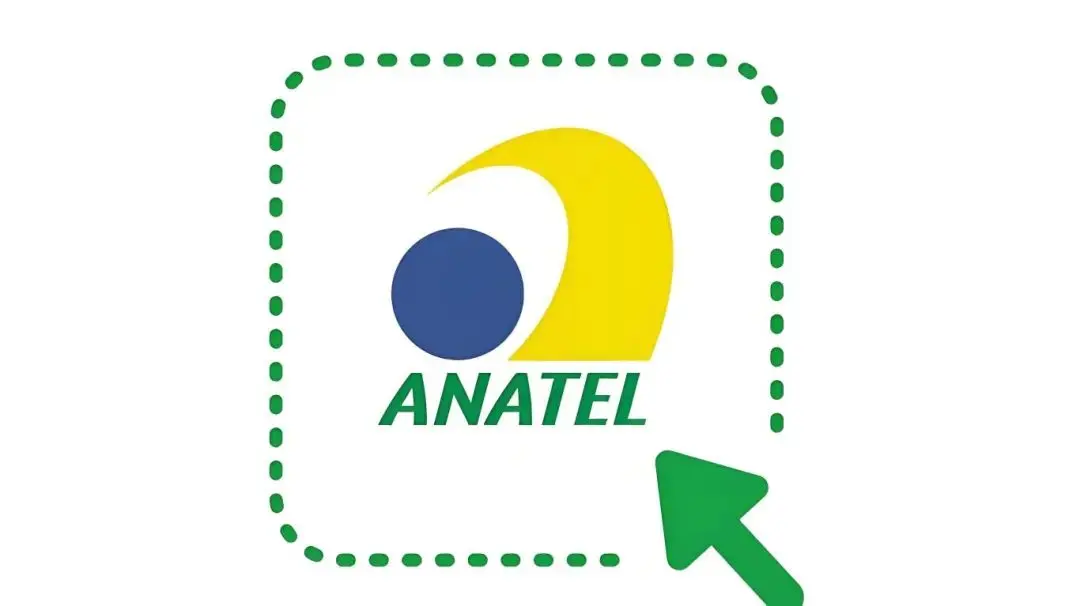 ANATEL Certification Process in Brazil
ANATEL Certification Process in Brazil
 Faucet European Standard EN 817 Testing
Faucet European Standard EN 817 Testing
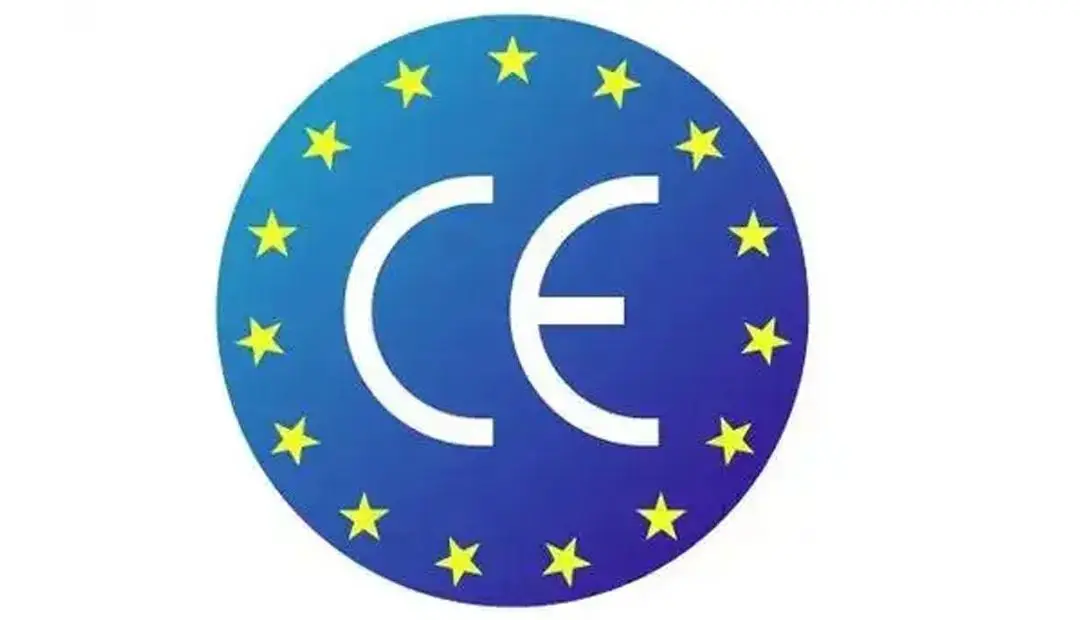 ISO 17025 Laboratory Test Report
ISO 17025 Laboratory Test Report
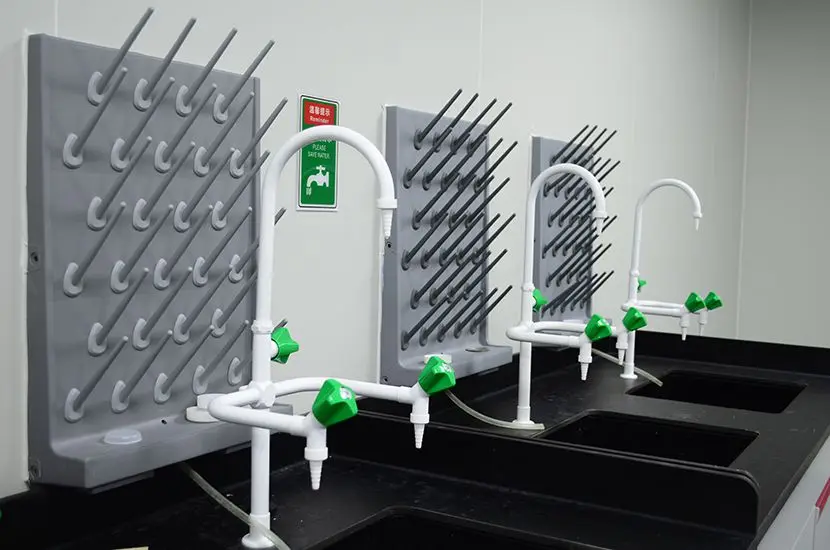 Temu Requires UN 38.3 Certification
Temu Requires UN 38.3 Certification
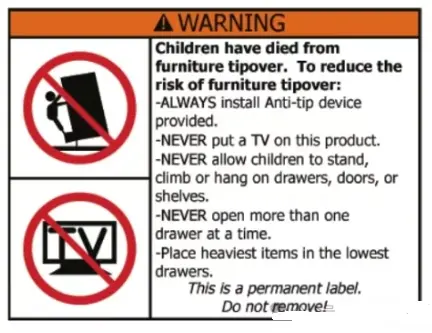 What is the Amazon ASTM F2057 Test Report?
What is the Amazon ASTM F2057 Test Report?
 How to get the Amazon SOR/2016-175 Test Report?
How to get the Amazon SOR/2016-175 Test Report?
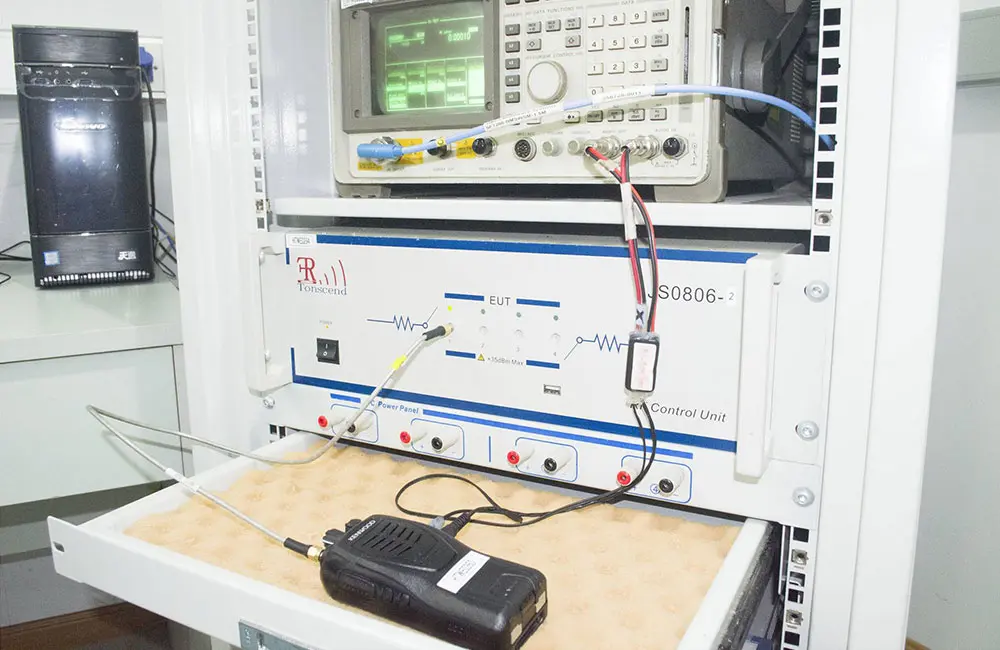 Amazon Electronic Product UL Test Report
Amazon Electronic Product UL Test Report
Leave us a message
24-hour online customer service at any time to respond, so that you worry!




